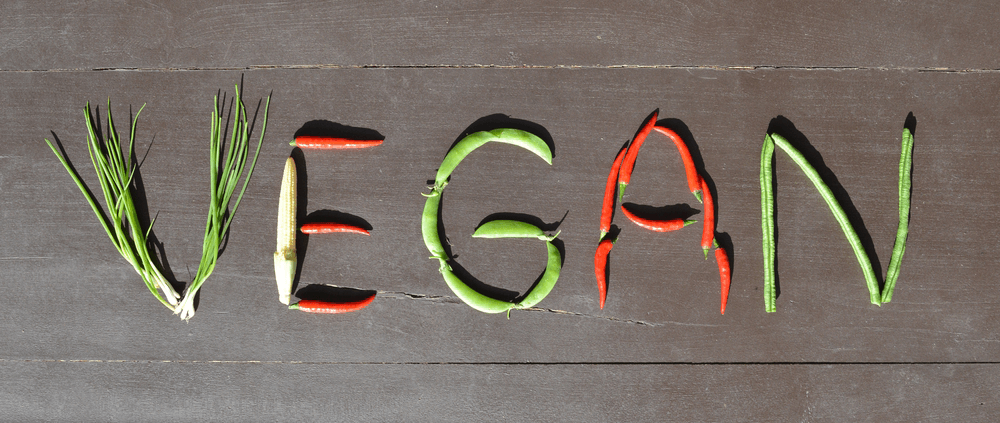Introduction:
As the world embraces healthier lifestyles, the vegan diet has emerged as a powerful tool for weight loss and overall wellness. By focusing on plant-based nutrition, this diet not only helps you shed excess pounds but also contributes to a more sustainable and compassionate world. In this article, we’ll explore how a vegan diet can support effective weight loss, its numerous health benefits, and practical tips to get started. Whether you’re a seasoned vegan or new to plant-based eating, this guide will help you make the most of this nutritious lifestyle.
What is a Vegan Diet?
A vegan diet is a plant-based eating plan that excludes all animal products, including meat, dairy, eggs, and honey. Instead, it emphasizes a wide variety of fruits, vegetables, whole grains, legumes, nuts, and seeds. This diet is naturally low in calories and saturated fats, making it an excellent choice for those looking to lose weight while enjoying a diverse and satisfying array of foods.
How a Vegan Diet Promotes Weight Loss
The vegan diet is inherently rich in fiber and low in calories, which helps you feel full and satisfied while consuming fewer calories overall. By focusing on nutrient-dense plant foods, you can naturally reduce your calorie intake without feeling deprived. Additionally, plant-based foods are typically lower in unhealthy fats and sugars, which can further support weight loss.
Practical Tip: Start your meals with a large salad or a bowl of vegetable soup to fill up on fiber-rich foods before moving on to more calorie-dense dishes.
Benefits of a Vegan Diet
Sustainable Weight Loss: A well-balanced vegan diet can lead to gradual and sustainable weight loss, helping you keep the pounds off for good.
Improved Digestion: The high fiber content in plant-based foods supports healthy digestion and regular bowel movements, reducing bloating and discomfort.
Lower Risk of Chronic Diseases: A vegan diet has been linked to a reduced risk of heart disease, type 2 diabetes, and certain cancers, thanks to its emphasis on whole, nutrient-rich foods.
Environmental Impact: Choosing a vegan diet reduces your carbon footprint and supports more sustainable food practices, making it a win-win for your health and the planet.

Vegan Diet Sample Meal Plan
Breakfast:
Smoothie bowl with blended spinach, banana, almond milk, topped with chia seeds, sliced fruit, and granola.
Lunch:
Quinoa salad with mixed greens, cherry tomatoes, cucumber, avocado, chickpeas, and a lemon-tahini dressing.
Snack:
Carrot sticks with hummus.
Dinner:
Stir-fried tofu with broccoli, bell peppers, and snap peas, served over brown rice.
Dessert:
Dark chocolate squares or a fruit sorbet.
